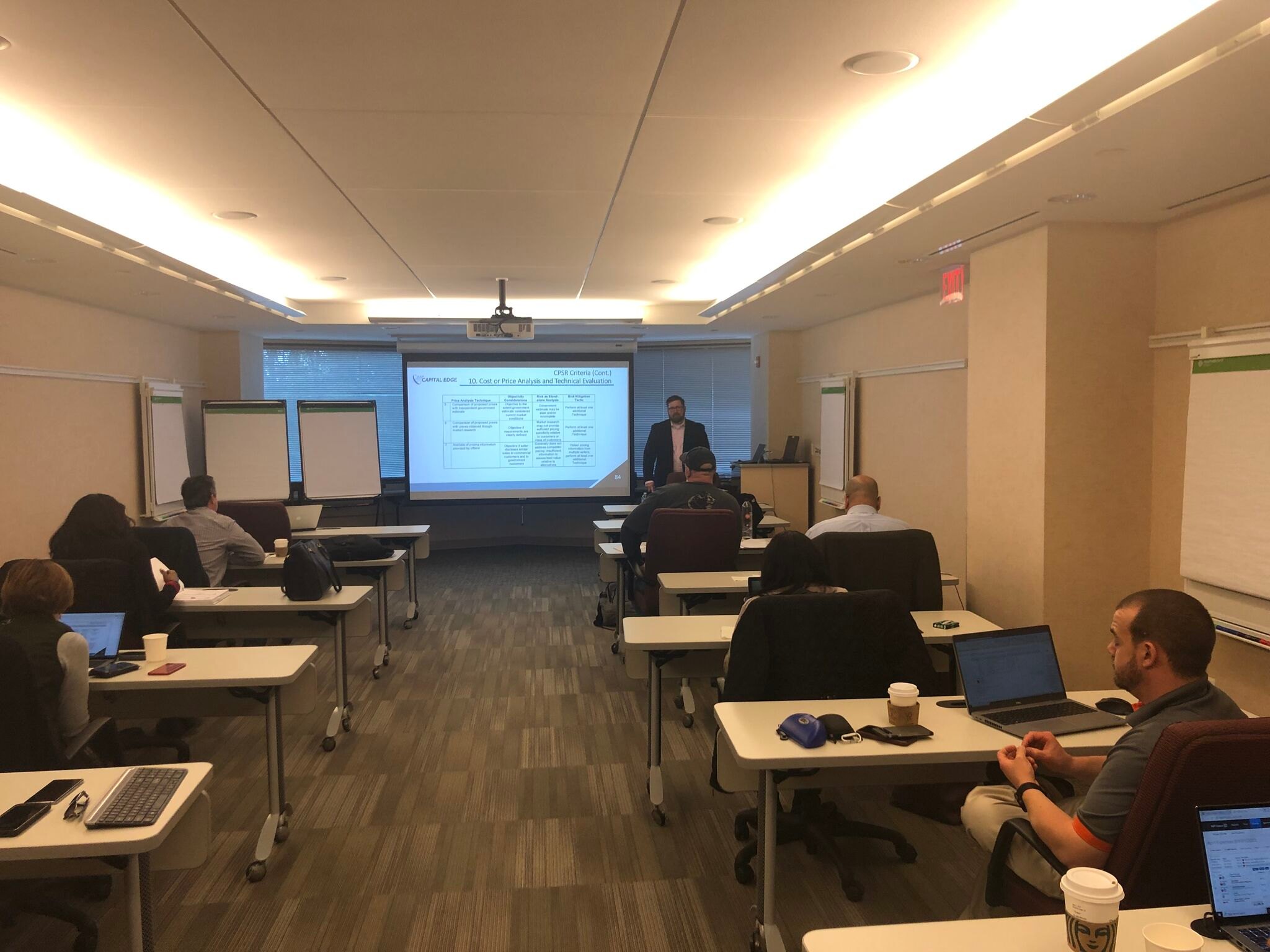Capital Edge has an accomplished and seasoned team with a broad range of experience dealing with contract requests for equitable adjustment (REA), terminations for convenience and unique forensic or cost accounting matters. Our approach focuses on and is tailored to the specific circumstances relevant to the situation that will maximize the client’s opportunity to achieve their objectives. Contract disputes, much of the time, are unique and entail case-by-case aspects that must be considered during the process. Our professionals bring a combined diverse experience, including former government contracting officers, DCAA auditors, industry compliance executives and Big Four accounting firm practice leaders, in the Contract disputes and litigation support arena that enables Capital Edge to offer comprehensive view of the problem and provide value-added support to our clients.
We work with clients and outside counselor a domestic and international basis and across a wide range of industries, including aerospace and defense, construction, manufacturing, health care, and others. Contract disputes and litigation support matters that we frequently support involve termination for convenience, wrongful termination for default, government-directed stop or suspension of work, delay of work, change in scope of work, unabsorbed or extended overhead, and more.




